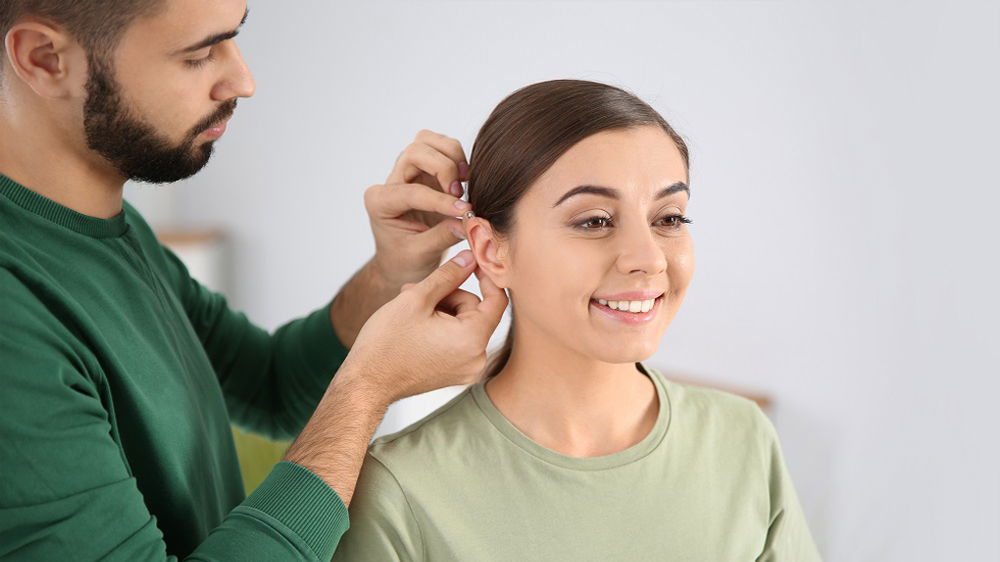Happy October! October means many things—it’s finally starting to feel like autumn in many places, and Halloween is coming up. But did you know that October is also National Audiology Awareness Month? This is the perfect time to assess your own hearing health. Of course, you don’t need to evaluate your hearing health on your own. Seeing a hearing health specialist can be an important step in assessing your current hearing health and receiving any treatment you need.
Before we talk about seeing a hearing health professional, however, let’s talk a little bit about your regular annual check-ups with your general practitioner. Do you go to your annual visits? If you do, does your doctor ask questions about your hearing health? They should! However, a recent national poll revealed that 80 percent of older adults said their doctors didn’t ask about their hearing health.
Now, you might be thinking that a doctor neglecting to ask about hearing health isn’t really a big issue. If hearing loss were apparent, the patient would have brought it up, right? Well, not always. Doctors can often be in a rush due to packed schedules and limited time for appointments. In fact, I recall an annual appointment where my doctor cut me off from telling him about my health concerns and said he didn’t have time to listen to all of them! (Don’t worry—I found a new doctor after that experience.)
Because of the constant push to move on to the next appointment, some patients might not bring up their hearing health, even if they have concerns about it. The rush from appointment to appointment is also a likely reason that many doctors don’t inquire about hearing health on their own, without prodding from the patient.
Whatever the reason, it is concerning that such a large portion of older adults are not being asked about their hearing health at their annual check-ups. Approximately one in three adults between the ages of 65 and 74 has age-related hearing loss, and nearly half of adults over the age of 75 have difficulty hearing. This makes it likely that a good portion of older adults whose doctors do not ask about their hearing health do have hearing loss.
Untreated hearing loss can cause challenges in communication, which can lead to strained relationships with family and friends, difficulties at work, and a new aversion to social situations. In addition, untreated hearing loss is linked to several other health problems, including a greater risk for depression, anxiety, social isolation, cognitive decline and dementia, and falls.
So, what can you do to protect yourself from these health problems? Learn to advocate for yourself and your hearing health! When you go to annual check-ups, talk with your doctor about your hearing health. Take an online hearing assessment to see if you might have hearing loss. (Several free hearing tests are available, like this one, if you do a quick online search.) If you believe you might have hearing loss or if you simply want to get your hearing checked by a professional, contact a hearing specialist. They will be able to conduct a hearing test, evaluate your results, and recommend the treatment you need. If you have a hearing aid, wear it! Don’t be afraid to talk about hearing loss with others, whether it’s your doctor or your friends.
To learn more about how you can advocate for your hearing health (especially during Audiology Awareness Month!) or to set up an appointment with our hearing professional, we welcome you to contact us today. We look forward to assisting you.




